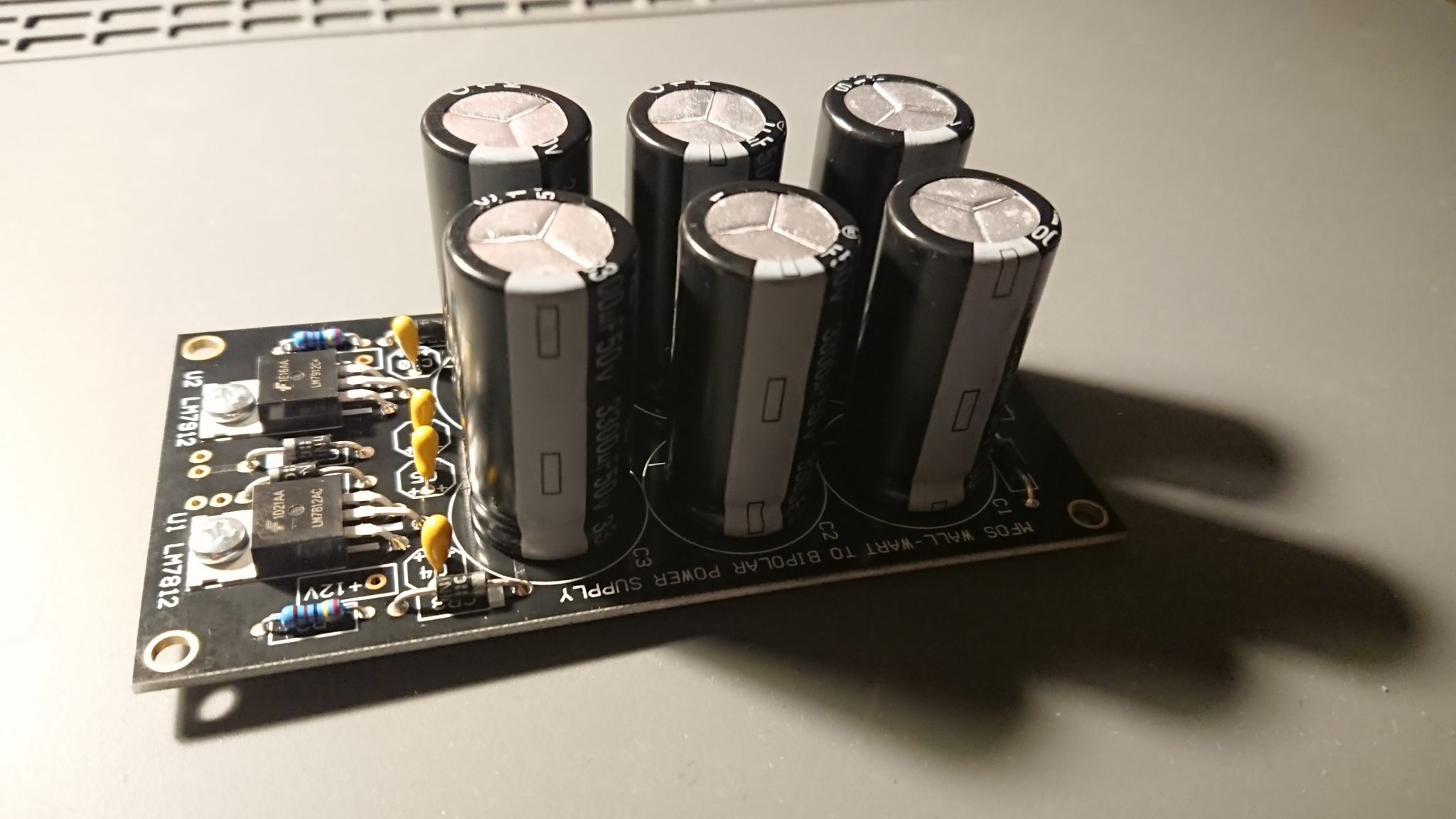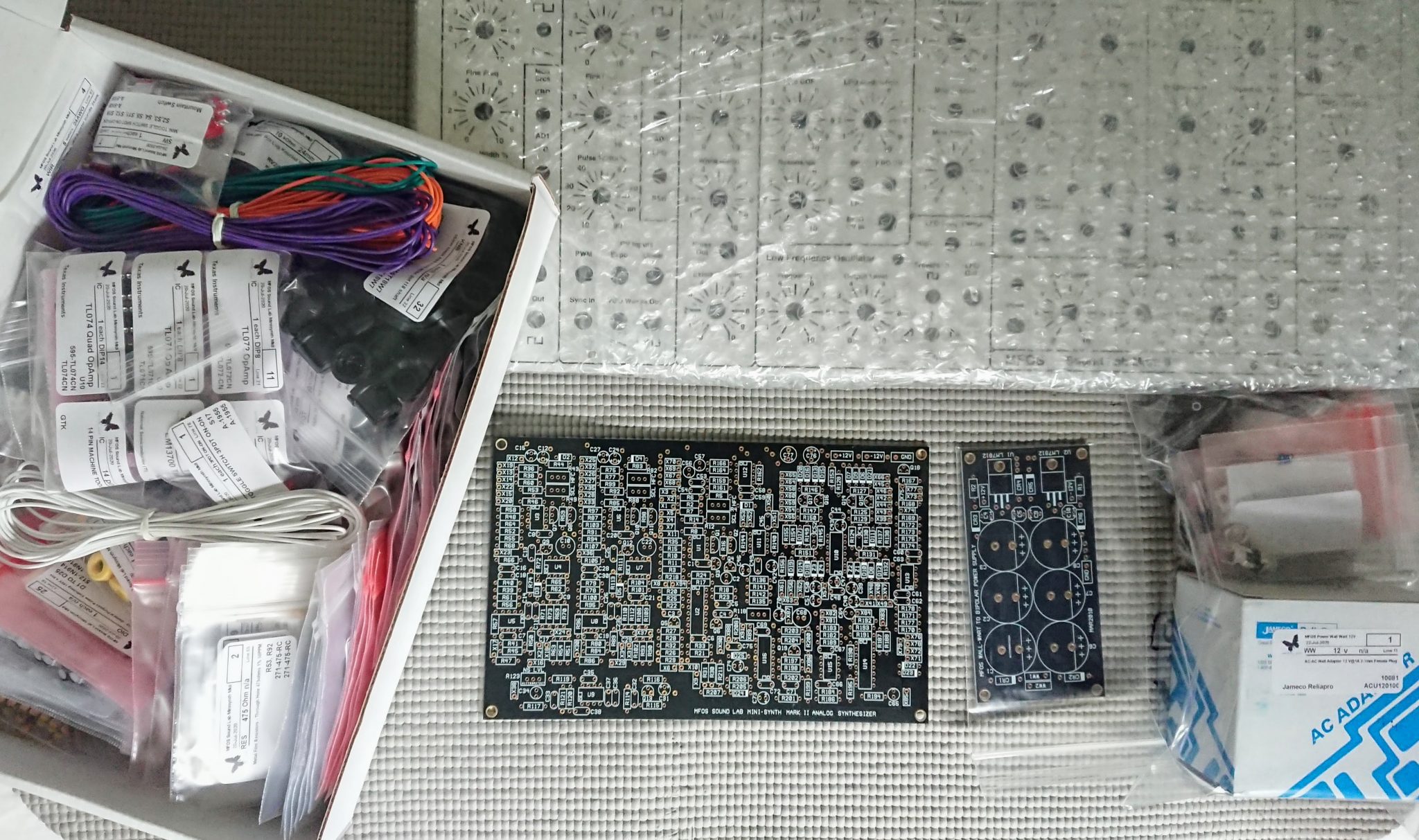I got the following error when running “cargo run” on my “Roguelike” follo-along project (https://bfnightly.bracketproductions.com/rustbook)
Err` value: CreationErrors([NoAvailablePixelFormat, NoAvailablePixelFormat])'I found the error was due to 3D acceleration being enabled on my Linux Mint 19-based development environment, running on Virtualbox 6.1.10. That is, make sure you have this in your vboxmanage line in your Vagrantfile:
vb.customize ["modifyvm", :id, "--accelerate3d", "off"] # Disable 3d acceleration until Virtualbox team fixes it
Remembering back as to why I had that line set to “on”, I think I was playing around with getting the Android emulator to work in Virtualbox, which as of 6.1 supports nested virtualization. I came close to getting that working, ultimately I don’t think it’s possible right now.


